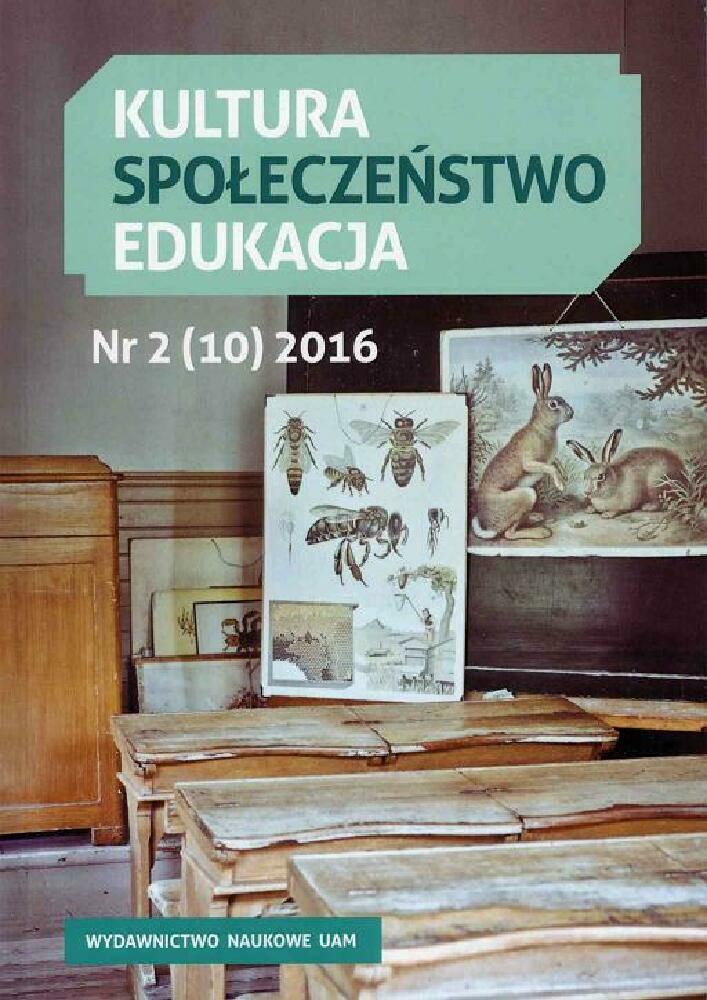Abstrakt
Contemporary socio-cultural situation based on globalization make that many categories, concepts and theories required decontextualization, then recontextualization and redefinition. This process also applies to so intuitively obvious category, which is time. The specificity of the „survival” of time, perception and understanding have changed significantly influenced by current trends of modern times, such as the primacy of pleasure, the cult of success, mainstream consumerism, mass media influence. Because of these issues important and necessary it seems that re-thinking on modern understanding of time as a sociocultural category, which characterizes the quality and style of life of individuals as it exists in the current, post-modern space-time. This article provides theoretical considerations on the nature and specificity of everyday time and festive time in the context of current sociocultural based globalization processes. Assuming that the time and its fulfillment, or lifestyle are subject to the relationship of interdependence, the analysis will undergo a proposition about the consistency / heterogeneity of the individual’s life style presented in the context of the division of temporal existence of the unit on time everyday and festive time. Considerations will address today’s youth. It results from the specific lifestyle of this age group, which is due to the peculiarities of the development phase and the „soak” contemporary trends, in particular understands everyday / celebrating.
Bibliografia
Bauman Z. (2009). Niecodzienność nasza codzienna. [W:] M. Bogunia-Borowska (red.). Barwy codzienności. Analiza socjologiczna. Warszawa.
Cybal-Michalska A. (2013). Młodzież akademicka a kariera zawodowa. Kraków.
Hannerz U. (2006). Powiązania transnarodowe: kultura, ludzie, miejsca. Kraków.
Hejwosz-Gromkowska D. (2014). Pedagogika i edukacja wobec kultury natychmiastowości - podsumowanie. [W:] D. Hejwosz-Gromkowska (red.). Rekonstrukcje tożsamości w kulturze natychmiastowości. Poznań.
Jastrzębski J. (2003). Odkrywanie codzienności. [W:] E. Kurantowicz, M. Nowak-Dziemianowicz (red.). Codzienność jako miejsce i źródło uczenia się. „Teraźniejszość – Człowiek – Edukacja. Kwartalnik Myśli Społeczno-Pedagogicznej”, numer specjalny.
Krzychała S. (2007). Projekty życia. Młodzież w perspektywie badań rekonstrukcyjnych. Wrocław.
Melosik Z. (2013). Kultura popularna i tożsamość młodzieży. W niewoli władzy i wolności. Kraków.
Muszyński W. (2009). Syndrom braku czasu we współczesnym społeczeństwie. [W:] W. Muszyński (red.). Nowy wspaniały świat? Moda, konsumpcja i rozrywka jako nowe style życia. Toruń.
Peret-Drążewska P. (2014). Współczesna młodzież postrzegana z perspektywy rówieśników. Studium teoretyczno-empiryczne. Poznań.
Sulima R. (2000). Antropologia codzienności. Kraków.
Sztompka P. (2008). Życie codzienne – temat najnowszej socjologii. [W:] P. Sztompka, M. Bogunia-Borowska (red.). Socjologia codzienności. Kraków.
Tarkowska E. (1992). Czas w życiu Polaków. Warszawa.
Licencja
Prawa autorskie (c) 2017 Paulina Peret-Drążewska, Justyna Peret

Utwór dostępny jest na licencji Creative Commons Uznanie autorstwa – Bez utworów zależnych 4.0 Międzynarodowe.
